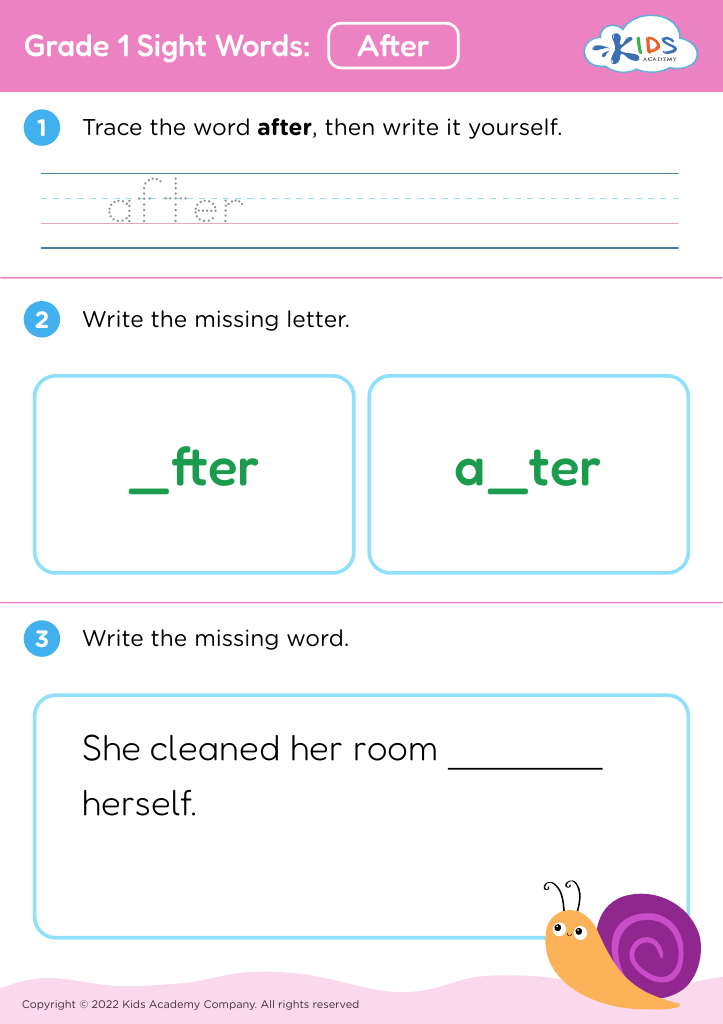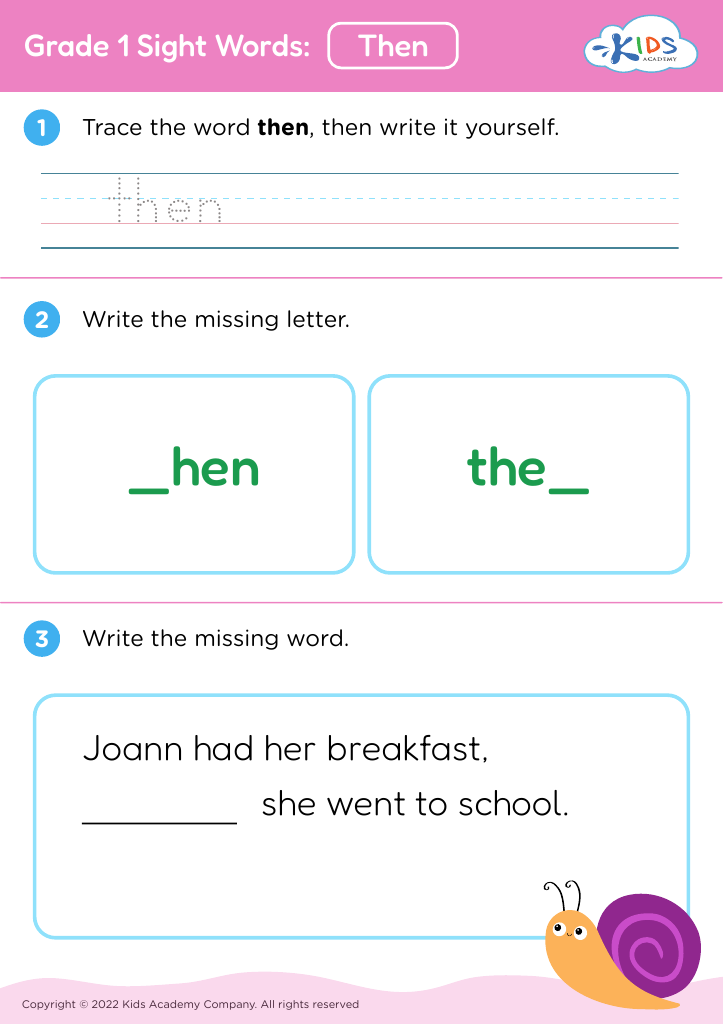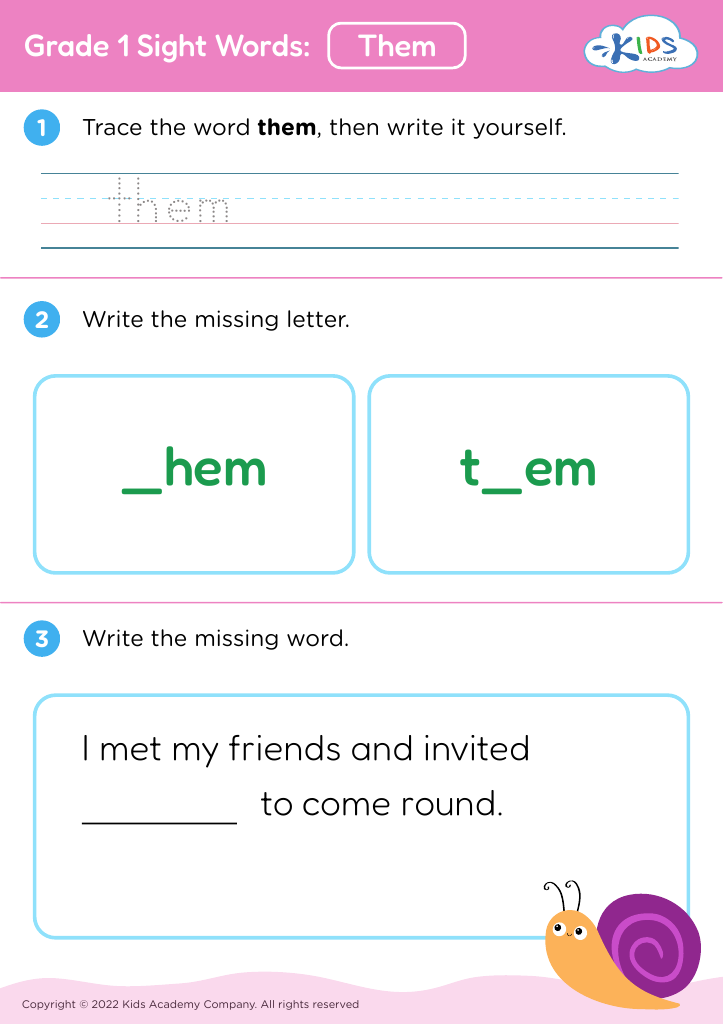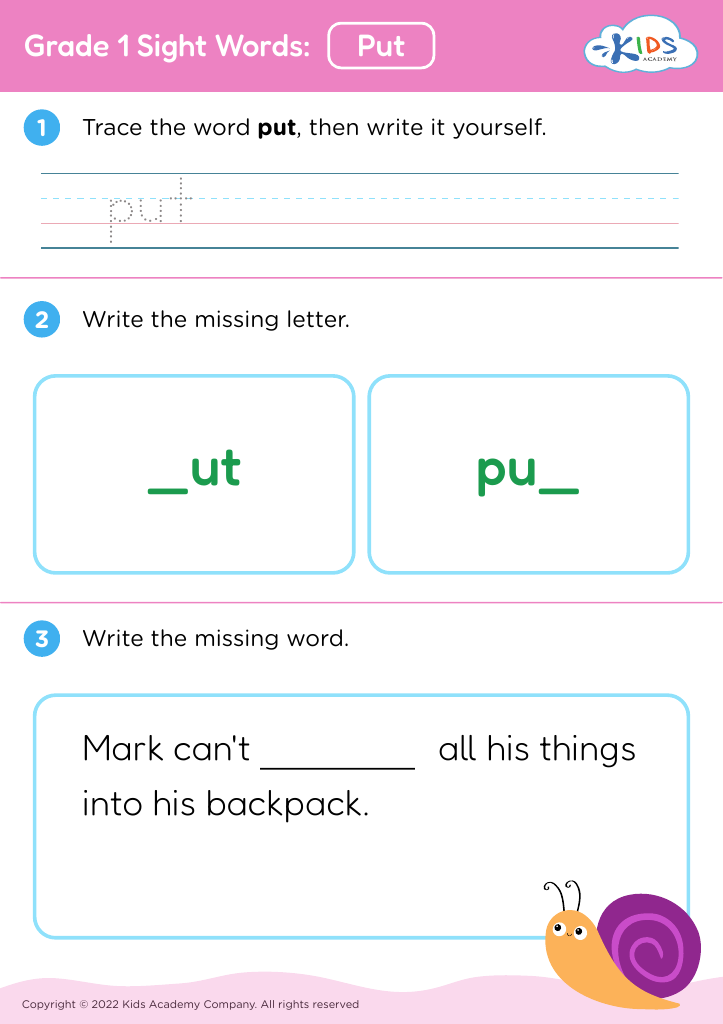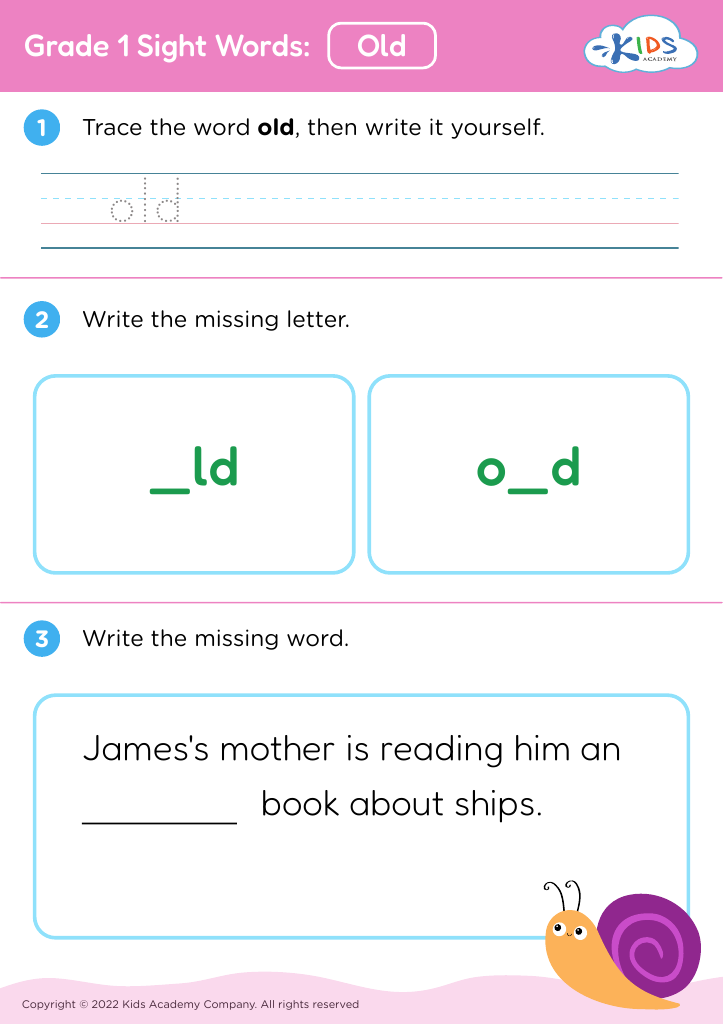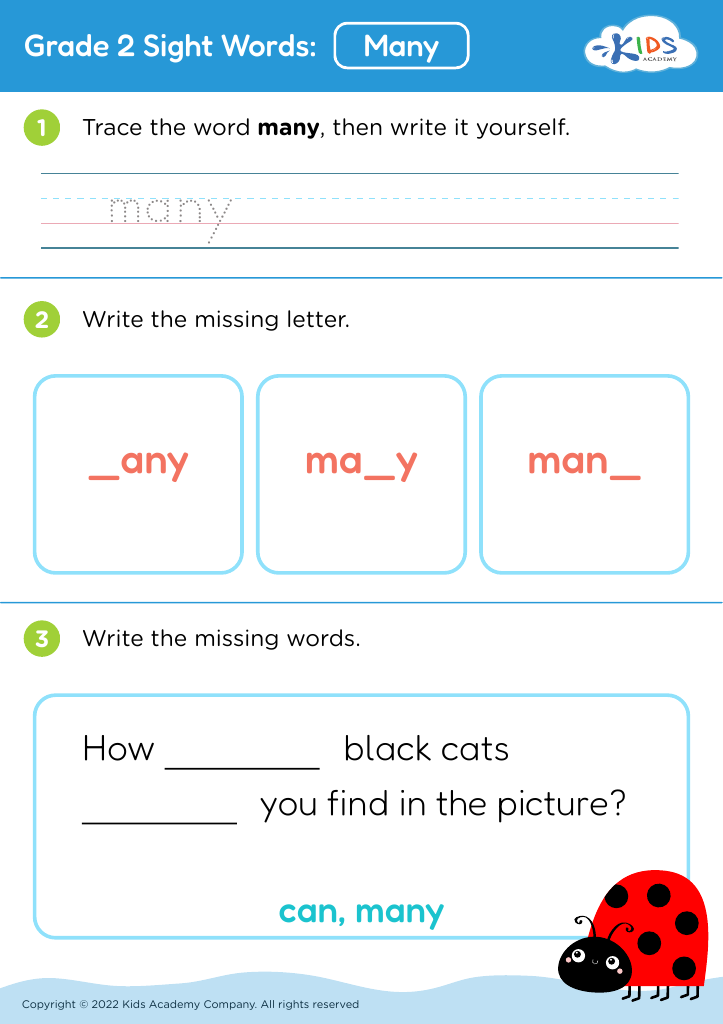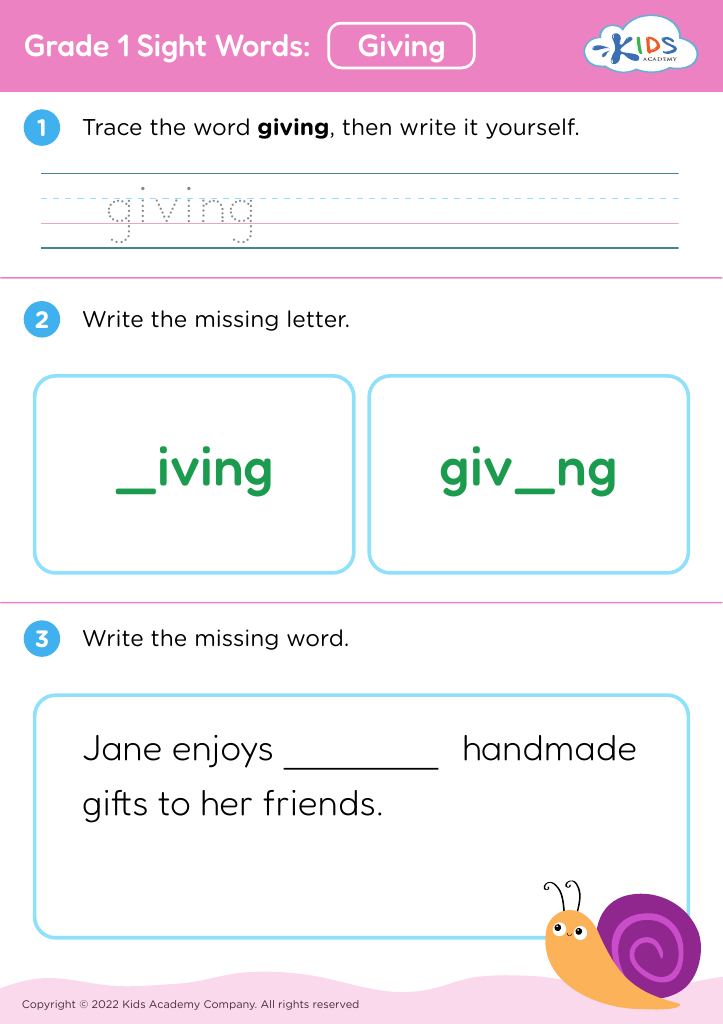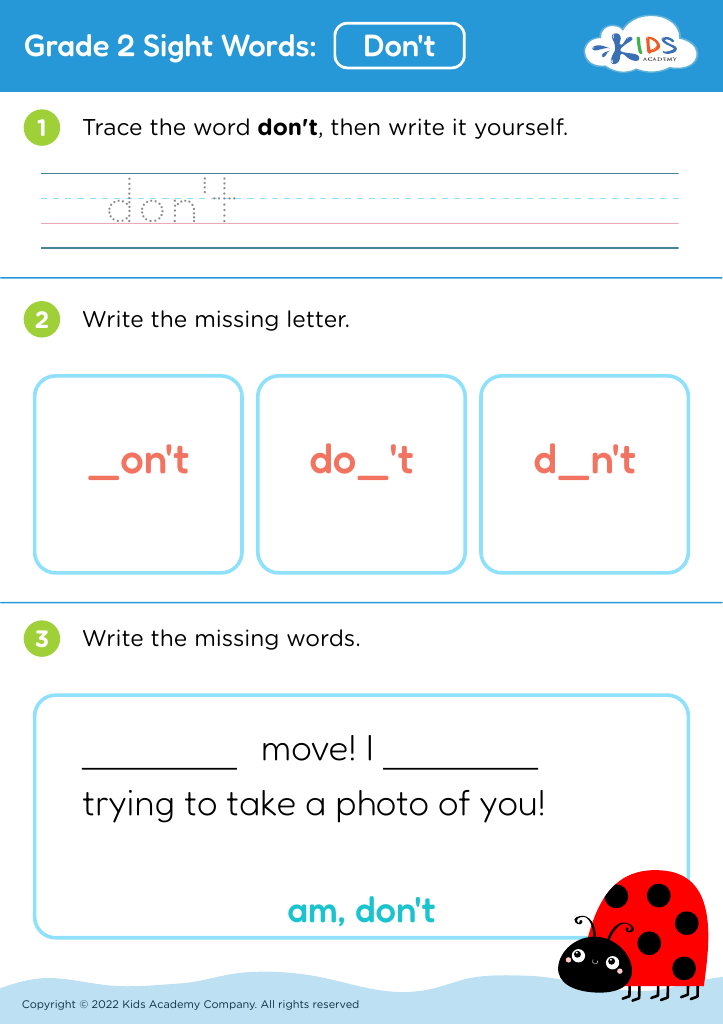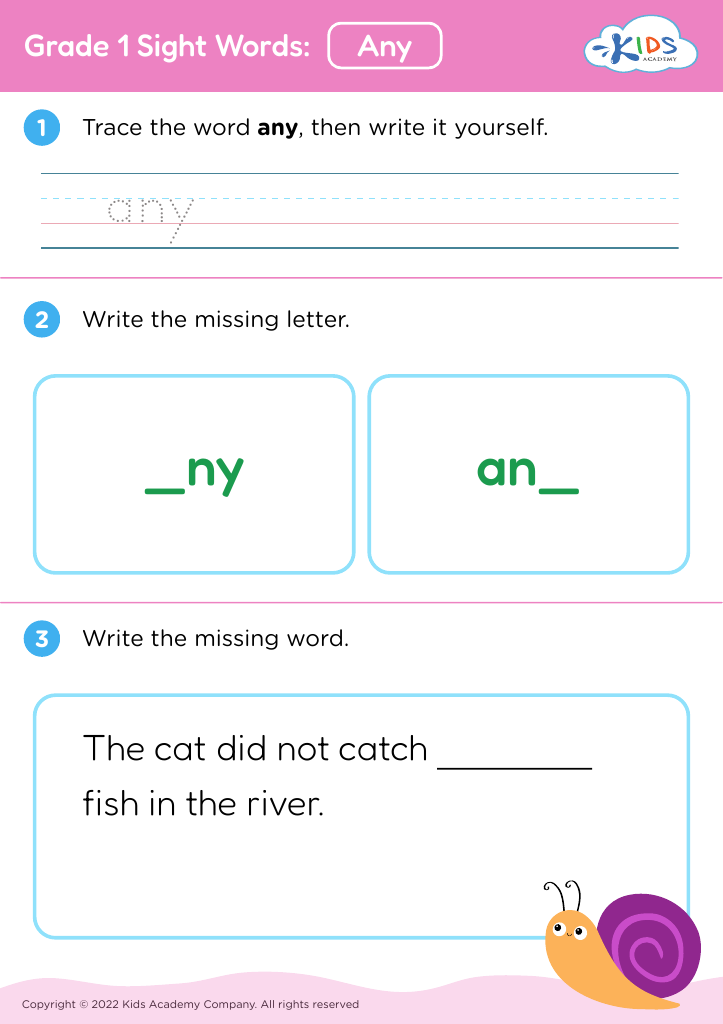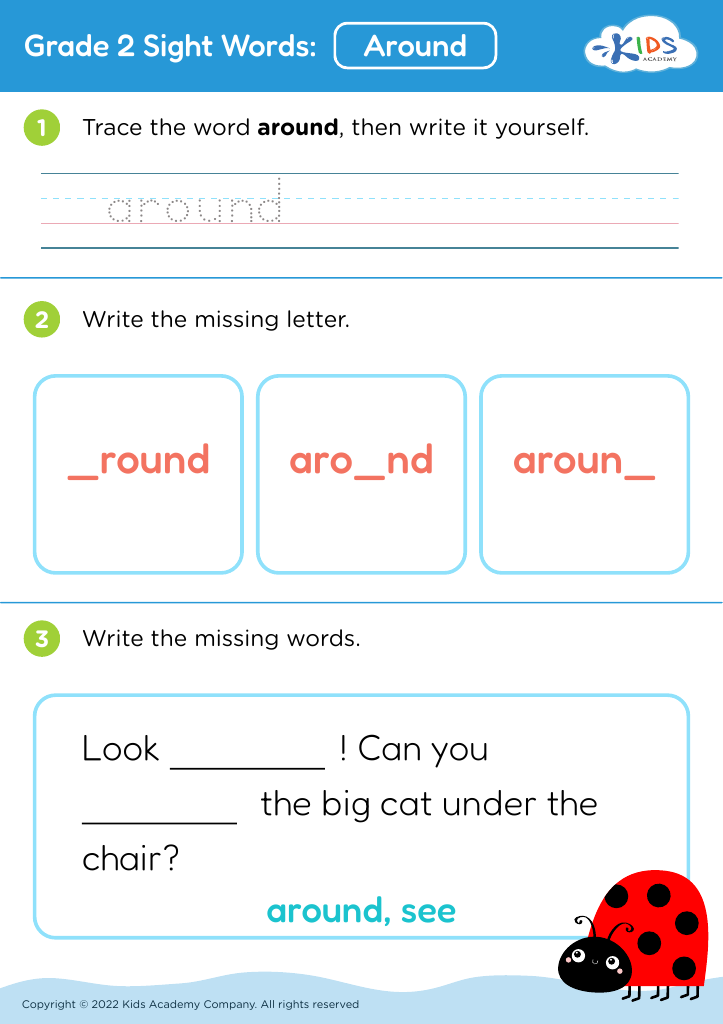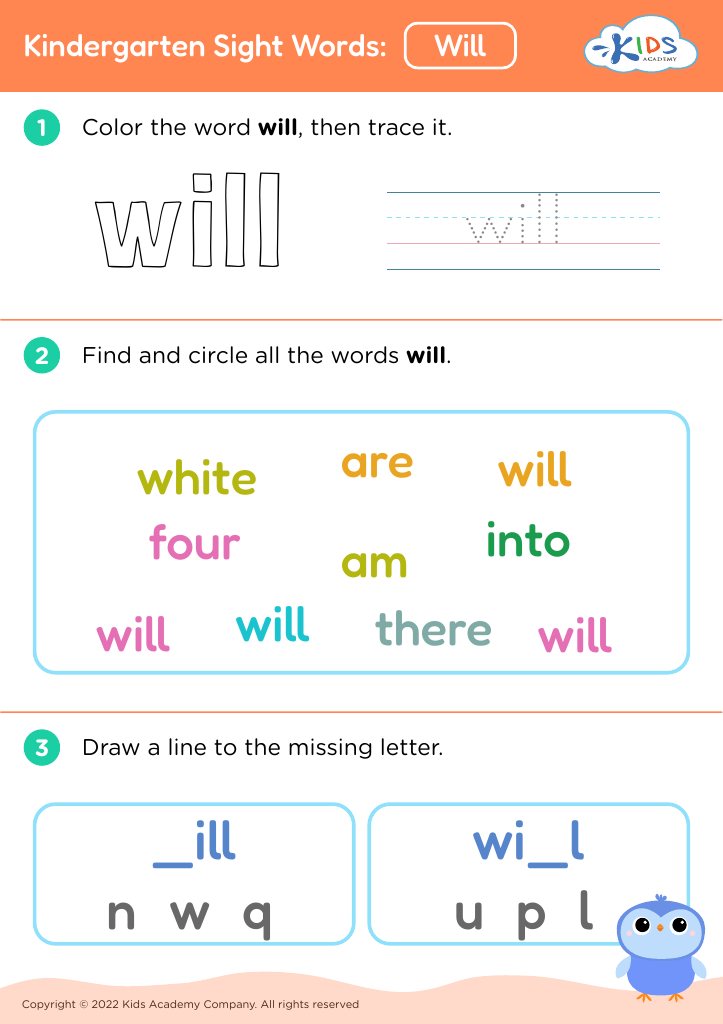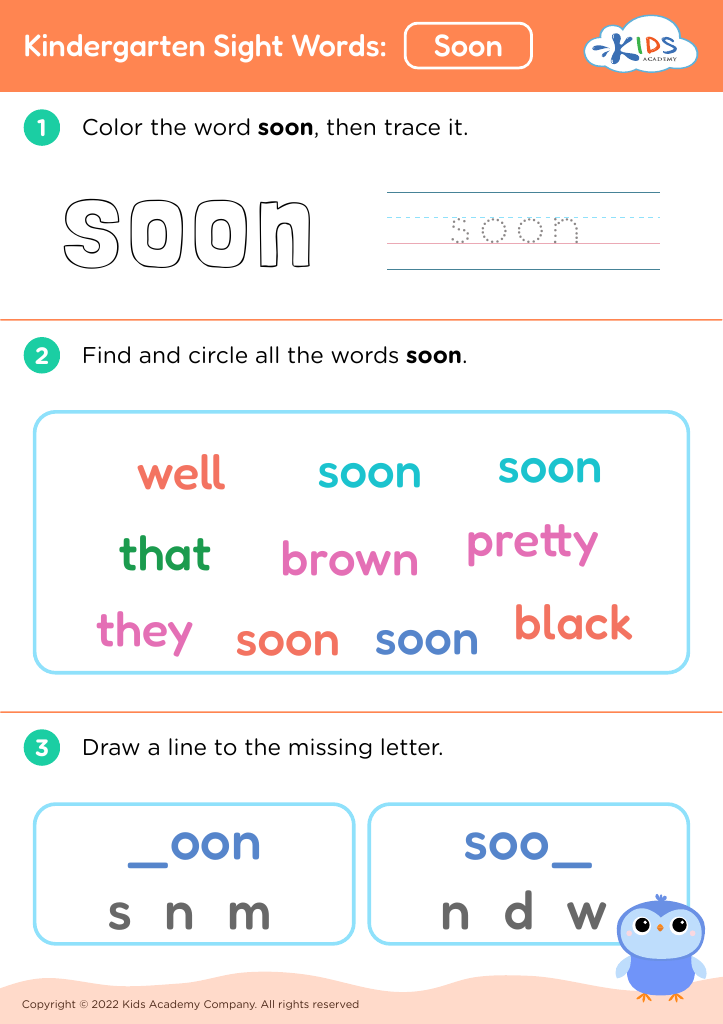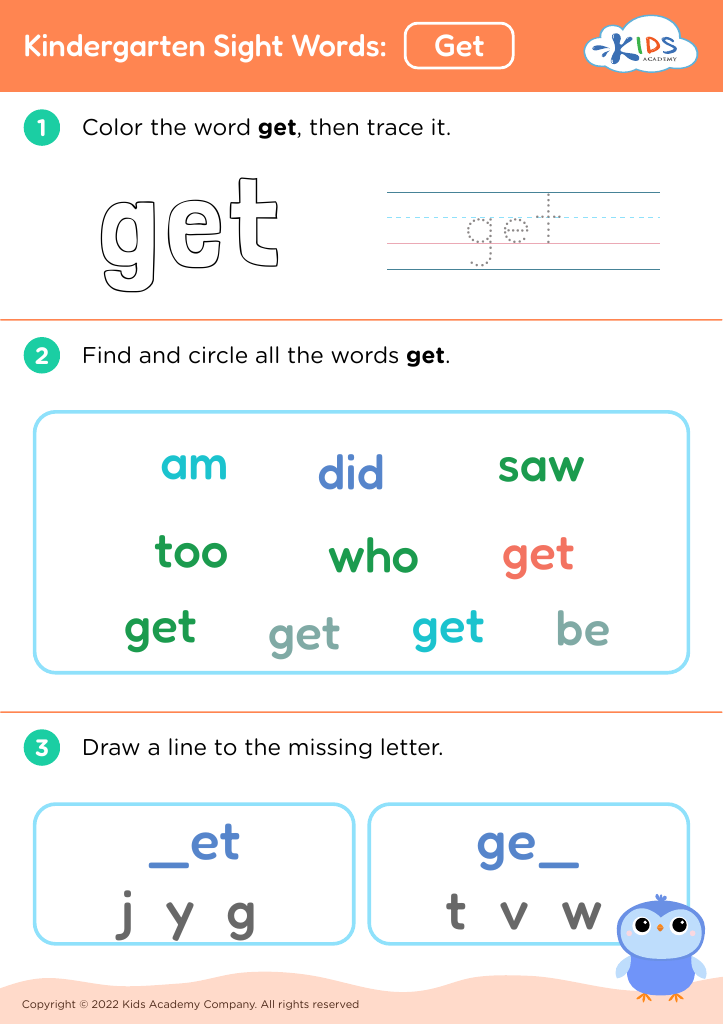Comparing Fractions Building Vocabulary Worksheets for Ages 6-7
25 filtered results
-
From - To
Discover engaging "Comparing Fractions Building Vocabulary Worksheets for Ages 6-7" at Kids Academy, designed to enhance young learners' math skills. These worksheets promote a deep understanding of fractions using relatable contexts and visually appealing activities. Children will build essential vocabulary while comparing simple fractions through fun, interactive exercises. Perfect for classrooms or at-home learning, our worksheets are tailored to align with key educational standards, reinforcing foundational math concepts and promoting critical thinking. Empower your child with the confidence to master fractions in a supportive and enjoyable way. Visit Kids Academy for these valuable learning resources.
Understanding fractions in early math education is crucial because it forms the foundation for more advanced mathematical concepts. At ages 6-7, children are at a developmental stage where they are beginning to grasp abstract concepts. Comparing fractions not only helps build their numerical aptitude but also enhances critical thinking and problem-solving skills.
Building vocabulary around fractions, such as terms like numerator, denominator, greater than, less than, and equivalent, prepares children for future mathematical reasoning. When children learn the correct terminology, it helps them articulate their thought processes and understand instructions better both in the classroom and when they practice at home.
Using a building vocabulary approach ensures that students are not merely memorizing facts but are also understanding the underlying concepts. This is vital as fractions are a precursor to more complex topics in mathematics such as ratios, proportions, and algebra. When children can compare fractions and express their understanding verbally and in written form, it strengthens their confidence and enthusiasm for math.
Moreover, a strong mathematics foundation, particularly in fractions, is linked to better performance in other STEM (Science, Technology, Engineering, and Mathematics) areas. Therefore, parents and teachers should prioritize this foundational learning to ensure long-term academic success and foster a positive attitude toward math.
